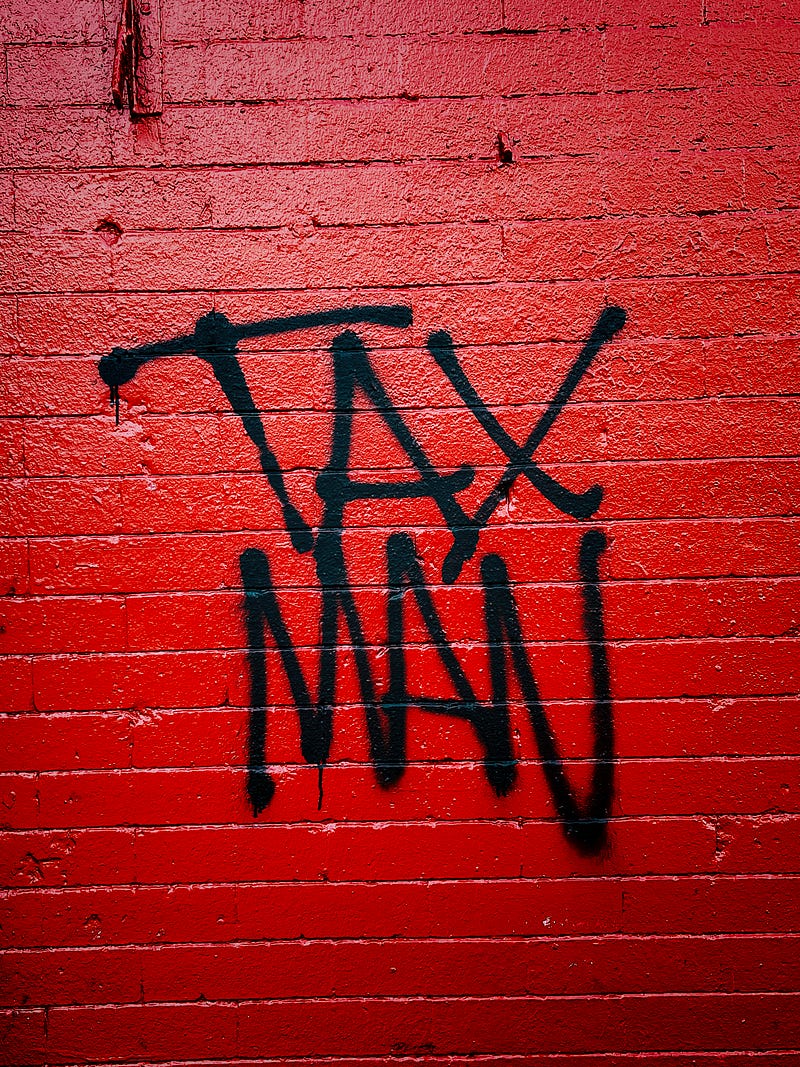Shark Tank — Yes, but not much more
Generally, we love to observe, view and feel part of stories about people who have a passion to solve problems and after lots of struggle finally succeed.
That’s a version of the hero’s journey many if not almost all movies are made of.
It used to be that these stories were either about wrongs being righted, personal tragedies turned into success and fictional heroes of all kinds defending humanity against the evils of the universe.

Business was rarely part of the plot, except for a few flics like Wallstreet or stories about evildoers like Bernie Madoff.
Then came a new TV series. Many people know about Sharktank in the United States. There is the Dragon’s Den in Canada and Hoehle der Loewen in Germany.
Millions of people watch each season as inventors and small business owners come before the rich investors, pitch their ideas, and hope to get a deal that will allow them to take their product, service, or invention to the next level.
We feel their anxiety when they get bombarded by questions about revenues, profit margin, commitment to the business and, God forbid, still having a job to support the family.
It often looks like the greedy investors only want to get a sure deal that will allow them to increase their wealth quickly on the back of the poor little inventor.
The makers of the TV series realized this negative current and decided to sprinkle in a few short updates here and there about people who got a deal and then used the money and the new rich partner to grow their business to new heights.
The most famous of these stories is Aaron Krause who came to Sharktank and offered an invention that was basically a little yellow plastic sponge. It was called Scrub-daddy and has turned into a multi-million-dollar business, a pretty big company, and a money printing machine for Lori Greiner, the shark who funded the deal.
That is about as far as things are ok to go.
Actually, Scrub-Daddy and Aaron Krause are probably on the list of companies and founders that the authorities have decided to declare war against.

In case you wonder who these authorities are, here is a definition:
The authorities [ plural ]: the group of people with the official legal power to make decisions or make people obey the laws in a particular area, such as the police or a government.
Basically the people we elected to represent us. They make laws and publish regulations, decide who gets funding, and how much taxes should be paid.
You know, these people who show up in your community and on TV every few years telling you wonderful sounding lies to get you to vote for them and then claim that you empowered them to restrict your life.
Those men and women who claim that you are ok with giving subsidies to the oil industry or union-made electric cars but complain about funding for renewal energy projects or non-union-made cars.
As much as you might like the rags to riches story of Aaron Krause and many others, the authorities don’t.
The Biden administration has decided that the public needs to be told that we should be afraid of successful people. We should realize that these successful people don’t deserve the results of their work and struggles.
See, here is the deal: Let’s say Aaron Krause takes Scrub-Daddy public. With the help of an investment bank and Lori’s connections, the company will be publicly traded on the stock market.
Aaron feels that he as the majority owner of the company should not draw a salary because he believes in the business and owns about 1/3 of all stocks after the public offering.
The bank, when discussing the opening share price for the company, agreed to $50 a share. When the markets opened the first day to buy and sell shares in scrub daddy lots of people wanted a piece of the pie and the price went up to $75/share. The value of the company increased from $200 million to $300 million in the first week.
At the end of the first year on the stock market, the price of the shares has reached $100 and stayed there for the next 3 years with minor ups and downs.
Whenever Aaron needed some money, he got a loan from the bank secured by the value of his ownership in scrub daddy.
Then the Biden administration came into power and declared War on Success.
Now Aaron, the guy who struggled for years to turn a little yellow sponge into a business success, is one of the people we are supposed to hate and be envious about.
The Biden administration tells all of us that we can no longer admire Aaron. He needs to “pay his fair share”. He has to actually pay more than a regular employee because he has more.

Did Aaron do anything wrong?
I can’t see where. All I can see is that someone believed in the mantra of the “land of opportunity” where anybody can make it if you just try hard enough.
Now he and anybody else who has found opportunity and turned it into success is the villain.
Here are Aron’s mistakes:
- Aaron created a product the customers want (minor mistake)
- Aaron got funding from a shark (Lori) to grow his business (medium mistake)
- Aaron added more products, manufacturing capacity, hired tons and tons of people and gave them safe jobs (big mistake)
- Aaron decided to not draw a salary and re-invest the money in the growth of the business (medium mistake)
- Aaron (hypothetically) took Scrub daddy to the stock market where institutional investors (experts) and retail investors (people like you and me) showed that they believe in the business and bought increasingly higher valued shares (big mistake in the eyes of the authorities)
- Aaron borrows against the value of his company to pay for living expenses (small mistake)
Another person with even more success than Aaron — Elon Musk — recently said something very insightful about this War on Success:
Eventually, they run out of other people’s money and then they come for you.
— Elon Musk (@elonmusk) October 26, 2021
He was talking about a part of the War on Success that was exclusively geared towards billionaires and millionaires with more than $100 million income for 3 years in a row.
What are the early lessons learned from this recently started War on Success?
- Do not take your business public
- Do not start a company or keep it in the United States if it starts showing signs of success (The Nomad Capitalist always says and I agree: “Go where you are treated best”).
- Transfer your investment profits into something the authorities need in case you don’t want to follow #2 above. If you use your profits to build housing, especially housing for disadvantaged people the authorities will subsidize you and not vilify (or at least not as much).
This is the reason I always recommend investing in residential real estate.
I am sure Aaron didn’t anticipate the success the little yellow sponge ultimately got. He was hoping for it. That’s true for all entrepreneurs.
Now that the authorities have declared War on Success, we need to pay attention to what they pay attention to, what they declare as desirable, and in a way, beat them at their own game by using our profits and money to create and invest in the areas they subsidize.
We all know they lie when they want our votes. During the campaign Joe Biden said:
“Our priority will be Black, Latino, Asian, and Native American owned small businesses, women-owned businesses, and finally having equal access to resources needed to reopen and rebuild.”
He forgot to say: “…unless you get really successful — then we have to tell everybody that you are not playing by the rules and will make laws so you are forced to pay your fair share — or whatever we determine to be fair — but definitely more than everybody else, because we can’t have this much success. That’s not ok.”
I am generally an optimistic person when it comes to business, technology, and investing.
I don’t like politics and either party in the United States.
I still believe a time will come soon where we are no longer governed by really old people who should have retired 15 years ago.
I am hopeful that we might get people in positions of authority who have actual experience. Joe Biden has never worked a day of his life in a real company, let alone have any position in which important business decisions are made. Maybe that explains why successful business people are evil in his eyes, and the unions are what makes business better (or could it be because the unions fund his election campaigns?)
Ultimately systems and empires don’t exist forever for a reason. We might be witnesses of the last chapter of the US empire where the things the authorities enact are getting weirder and weirder just like at the end of the Egyptian empire, the Greek empire, the Roman empire, and the British empire — you get my drift.

In summary:
The War on Success is being waged by the authorities. If you are in business or thinking to start a business, I suggest to establish the official location of the business outside of the United States and using profits to invest in your business.
As soon as the profits exceed what you need to keep growing, invest in areas the government needs/wants to reduce the risk that they will come and take it from you while in the process making the public believe that you are the person who deserves punishment.
If you like help with investing part of your profits in residential real estate, my team and I are here for you.




